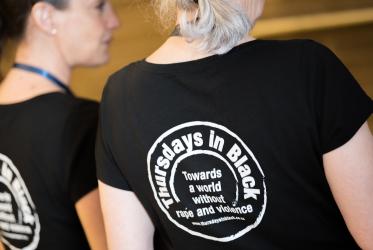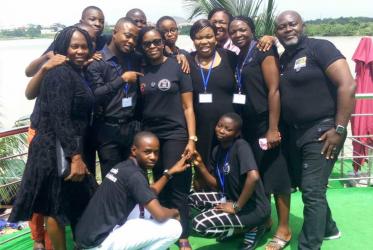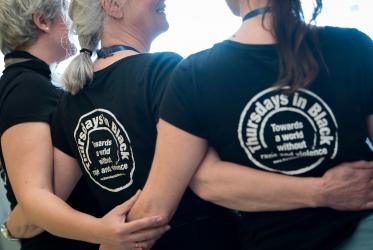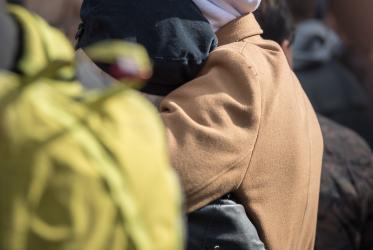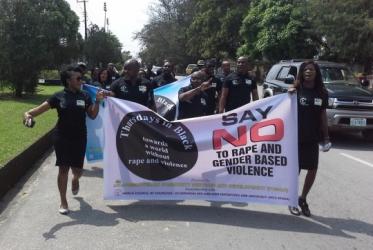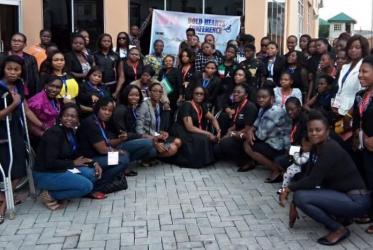Displaying 221 - 240 of 261
After the papal visit, new media resources available
22 June 2018
WCC celebrates “living fellowship”
20 June 2018
A life over too soon: WCC mourns Daniela Di Mauro
11 April 2018
Pan-African women demand end to gun violence in USA
29 March 2018
In Nigeria, Thursdays in Black is flourishing
26 March 2018
“Called to be a good neighbor”
14 October 2017
Gender-based violence concerns ‘all of humanity’
11 July 2017
Youth engagement fundamental to HIV response
18 April 2017

